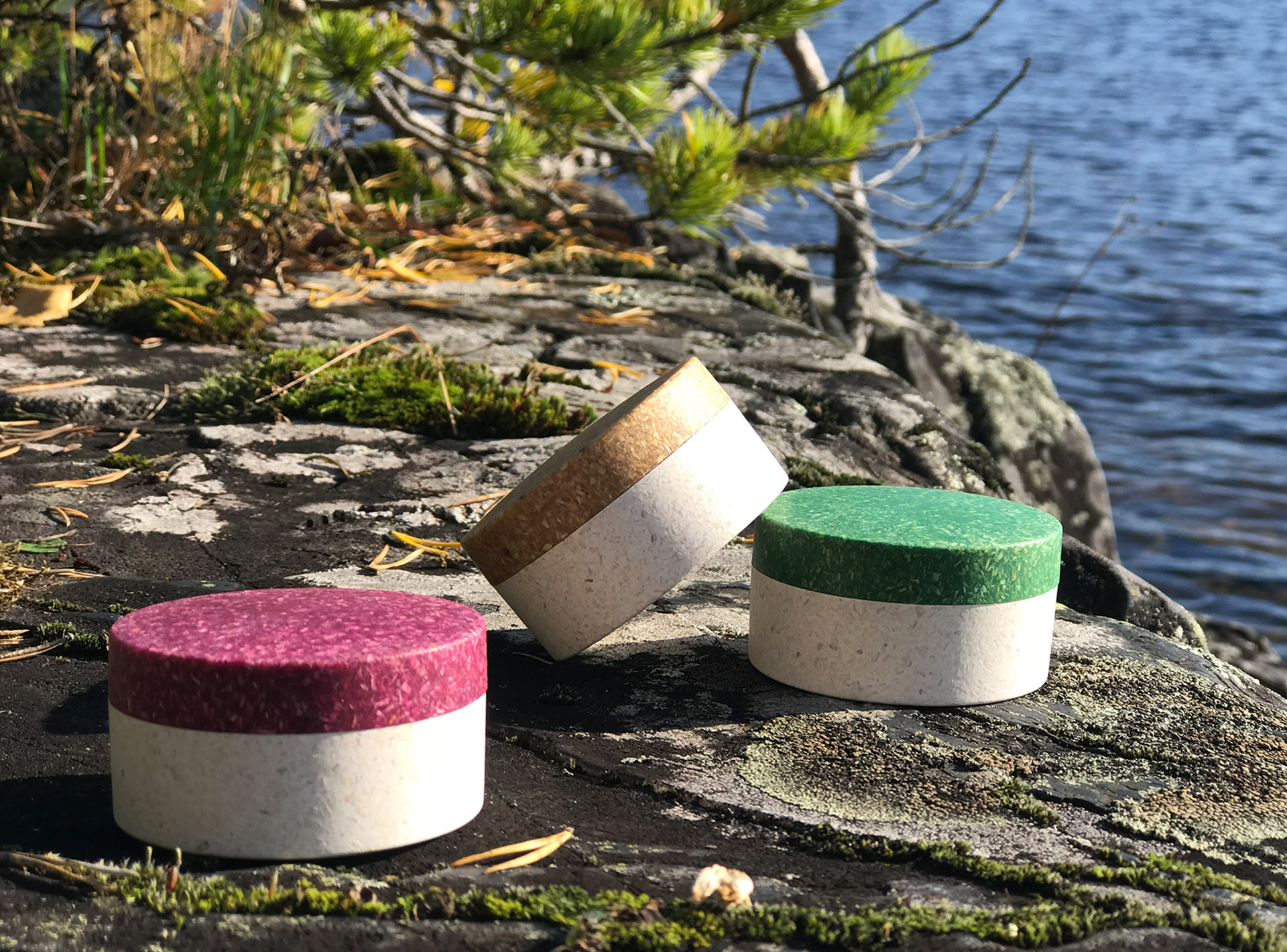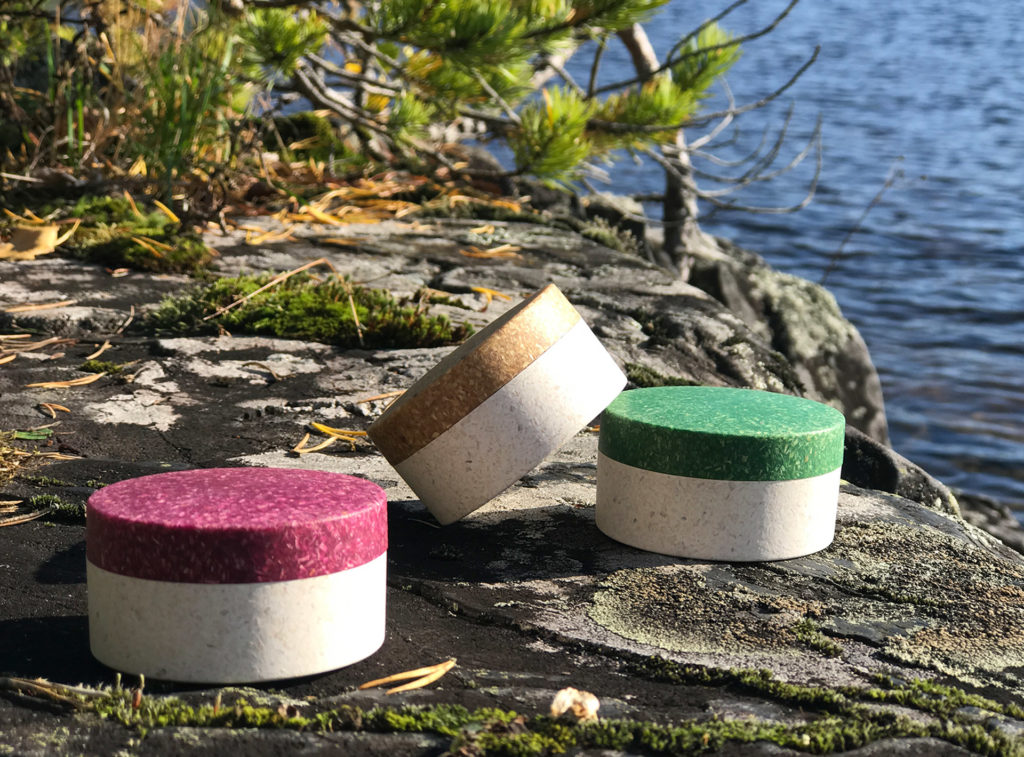Plastic is much better than its reputation. You just have to know how to use it correctly and what applications to use it for. The right choices have a huge impact on the product’s carbon footprint.
Plastic is an irreplaceable material for numerous applications and it plays an important role in energy-efficient solutions. Plastic is a lightweight and energy-efficient material and it can be processed to suit almost any application.Plastic can also be made of materials other than fossil materials. Various renewable materials can be used to produce bioplastics and biodegradable materials.Correctly chosen materials are sustainable and help prevent harm to the environment. The options for recycling, reuse and disposal of the product that has reached the end of its life cycle are determined when the product’s material is chosen. Today, material options include polymers that are made of renewable raw materials.Read more on the Finnish Plastics Industries Federation’s website



